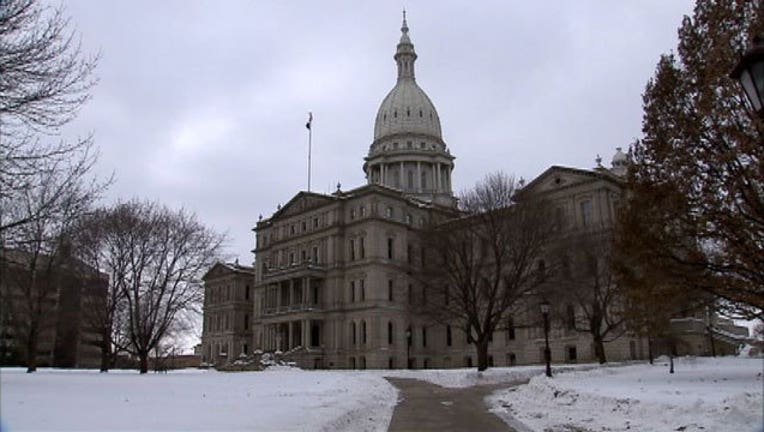Snyder and education lobby at odds

(WJBK) - The governor and others are calling it a "technical fix" to the state income tax law, while the education lobby calls it something else. "It would cut the School Aid Fund by nearly half a billion dollars and place school funding into competition" with other "often volatile areas of state funding."
Gov. Rick Snyder has done some one-on-one lobbying on the proposal that is sponsored by the house budget chair Rep. Al Pscholka. The school lobbying is countering that by providing a "policy brief" commentary on the administration's move.
Under current state law, a 23.8 percent portion of the gross collected income tax revenue automatically goes to the schools netting education about $430 million. The governor wants to figure the contribution to schools after all tax refunds are sent back to taxpayers thus making the net figure for schools much lower.
"That's a reduction of rough $287 in per pupil funding statewide," the Michigan Association of School Administrators is telling lawmakers.
In its release it notes that the administration is telling legislators that "despite this $430 million cut, the SAF will be "taken care of", but this is far from a guarantee" the MASA worries.
An administration insider reports the governor is trying to shore up the state's general fund with additional dollars but this source concedes in the messaging war the other side has the upper hand. It will argue the governor is taking money away from school kids while he will say it is trying to protect the general fund from future loses of revenue.
One lobbyist thinks the governor is using this SAF issue to force the school lobby to back off its opposition to the Energy bill pending in the house. While the administration source reveals that the governor is "spending 99.9 percent of his time on energy" the shifting of income tax revenue away from the schools is not linked to the energy discussion still pending in the house where one key lawmaker reports there are only 16 yes votes in the GOP caucus for the senate energy measure.

